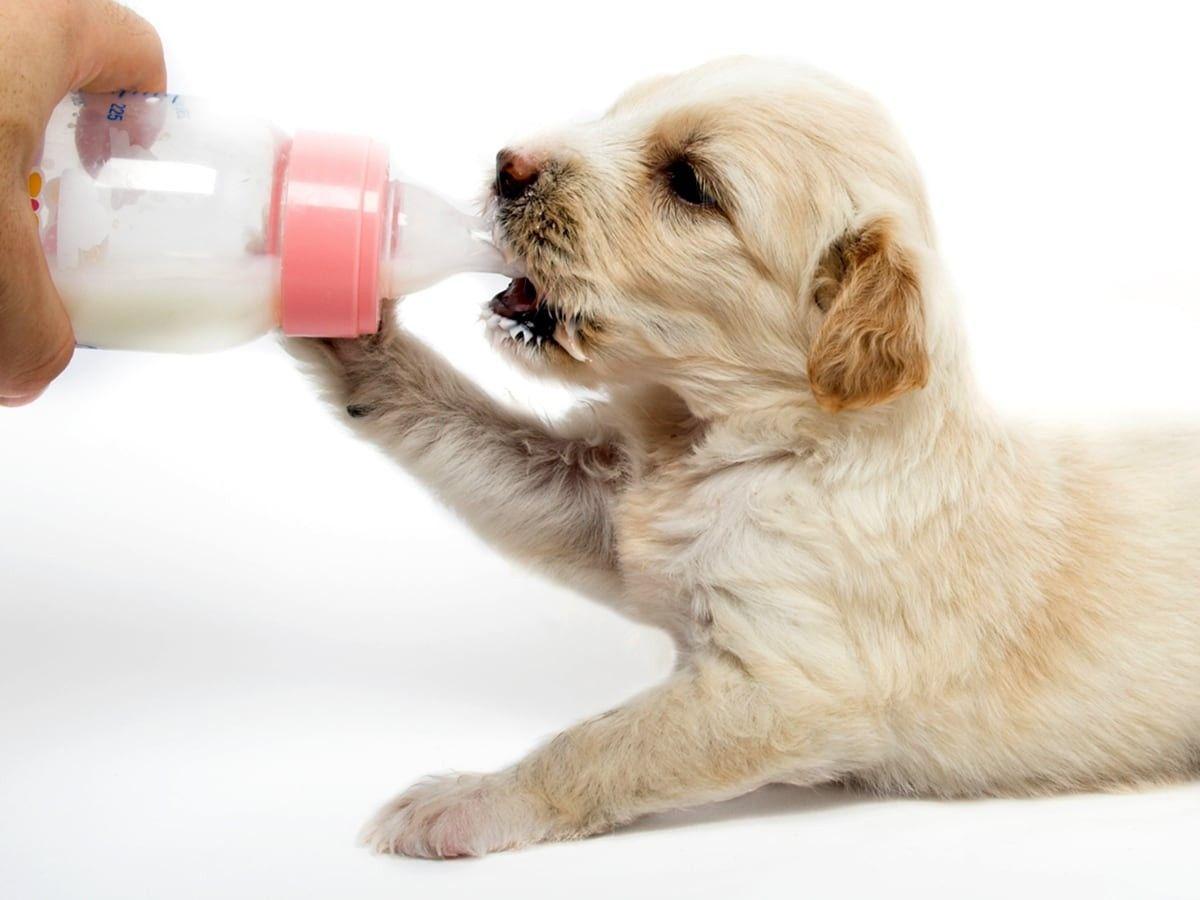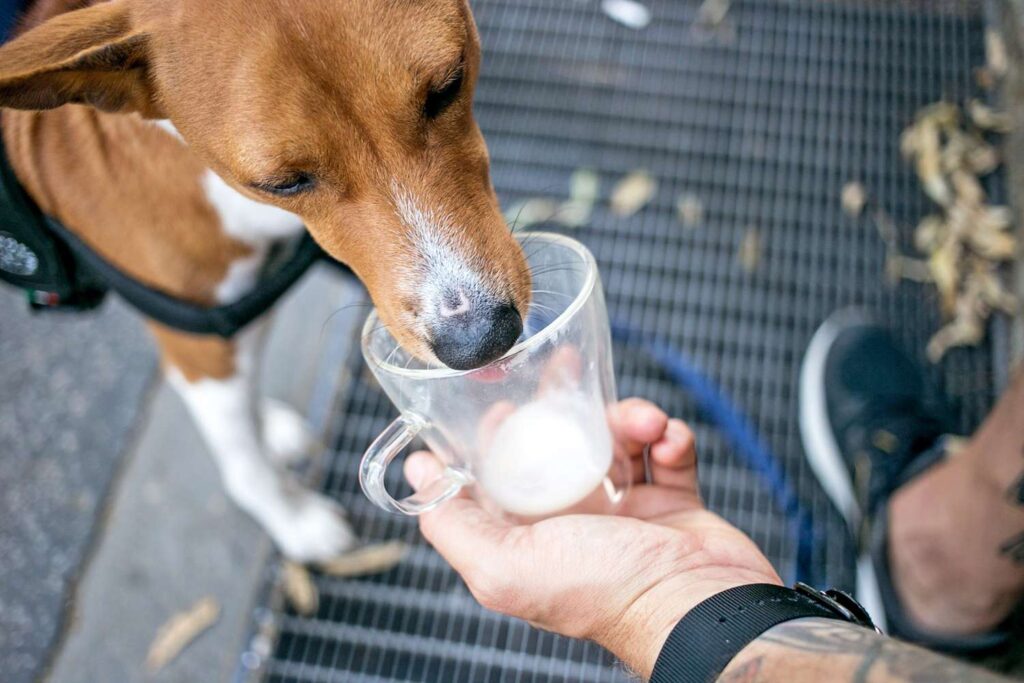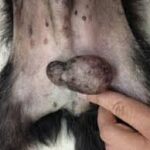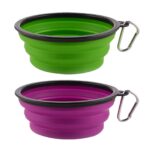As devoted dog owners, we often find ourselves sharing our meals and treats with our furry companions, sometimes without considering the potential effects on their health. One common question that arises is about dairy products: Can our pups indulge in cheese, yogurt, or a splash of milk? While some dogs may seem to enjoy the creamy taste of dairy, the truth is a bit more complex.
In this article, we’ll explore what happens when dogs ingest dairy, the signs of intolerance, and tips for keeping your pet safe and healthy. So grab a cozy spot and join us as we unravel the facts about dairy and our four-legged friends—because understanding their dietary needs is key to ensuring a happy, healthy life together!
Table of Contents
- Understanding Dairy and Dogs Digestive Systems
- Common Symptoms of Dairy Ingestion in Dogs
- Safe Dairy Options for Your Furry Friend
- How to Monitor and Respond to Dairy-Related Issues
- Q&A
- In Conclusion
Understanding Dairy and Dogs Digestive Systems
To grasp the impact of dairy on dogs, it’s crucial to examine their digestive systems. Unlike humans, dogs have a limited ability to digest lactose, the sugar found in milk and dairy products. As puppies, they possess the enzyme lactase, which helps them break down lactose for milk consumption. However, as they transition to solid foods and wean from their mother’s milk, many dogs produce less lactase, leading to lactose intolerance in adulthood. This means that when dogs indulge in dairy, they may struggle to digest it properly, resulting in uncomfortable symptoms.
When considering dairy for your dog, it’s essential to be mindful of potential reactions. Common symptoms of lactose intolerance in dogs include:
Diarrhea: Often one of the first indicators of an upset stomach.
Gas and bloating: Excessive fermentation in the gut can lead to discomfort.
Vomiting: In some cases, dogs may reject dairy altogether.
For a clearer understanding, here’s a quick reference table on dairy effects:
| Dairy Product | Digestibility in Dogs |
|---|---|
| Cheese | Generally low lactose, but should be given in moderation. |
| Yogurt | Can be easier to digest; opt for plain varieties. |
| Milk | Often problematic; may cause gastrointestinal distress. |
Common Symptoms of Dairy Ingestion in Dogs
Dogs are known for their love of food, but not all human treats are safe for them. When it comes to dairy products, some dogs may experience a range of symptoms after ingestion, largely due to lactose intolerance. This condition means that their digestive systems can’t effectively break down lactose, the sugar found in milk and dairy products. Common signs of this intolerance can include:
- Diarrhea: Watery stools are a frequent sign, often occurring within a few hours of consuming dairy.
- Vomiting: Some dogs may respond to dairy with vomiting, which can vary in severity.
- Gas and Bloating: Excessive gas can lead to discomfort and a visibly bloated abdomen.
- Abdominal Pain: Your dog may show signs of pain by whining, restlessness, or a hunched posture.
- Loss of Appetite: Some dogs may feel unwell and refuse to eat after consuming dairy.
In addition to lactose intolerance, some dogs may also have allergies to specific proteins found in dairy. This can lead to more serious reactions, which include:
- Itchy Skin: Allergic reactions can cause intense itching and irritation.
- Ear Infections: Frequent ear infections may arise as a response to food allergies.
- Swelling: Facial swelling, especially around the eyes and muzzle, can indicate an allergic reaction.
It’s important to observe your dog closely after any dairy consumption, as symptoms can vary from mild to severe. If you notice any troubling signs, especially those indicating an allergic reaction, a visit to the veterinarian is recommended to ensure your pet’s health and well-being.
Safe Dairy Options for Your Furry Friend
When considering dairy for your dog, it’s important to choose options that are not only safe but also nutritious. Many dogs are lactose intolerant, which means they struggle to digest lactose, the sugar found in milk. To avoid digestive discomfort, consider offering low-lactose dairy products such as:
- Cottage Cheese: Packed with protein and lower in lactose, it’s a great choice when given in moderation.
- Plain Yogurt: Full of probiotics, plain yogurt can aid digestion and boost the immune system.
- Hard Cheeses: Options like cheddar or parmesan typically contain less lactose than soft cheeses.
It’s essential to monitor your dog after introducing any dairy product to their diet. Start with small amounts and watch for any signs of lactose intolerance, such as gas, diarrhea, or upset stomach. If your dog enjoys dairy and tolerates it well, you can make it a special treat and even use it to administer medications. Here’s a quick comparison table of safe dairy options:
| Dairy Product | Lactose Content | Health Benefits |
|---|---|---|
| Cottage Cheese | Low | High in protein |
| Plain Yogurt | Moderate | Probiotics for digestion |
| Hard Cheeses | Low | Rich in calcium |
How to Monitor and Respond to Dairy-Related Issues
Monitoring your dog’s reaction to dairy products is essential for ensuring their health and well-being. Begin by observing their behavior and physical responses after dairy consumption. Pay close attention to signs such as:
- Vomiting – This could indicate that your dog is intolerant to lactose.
- Diarrhea - A common reaction among dogs who struggle to digest dairy.
- Gas or bloating – An indication of digestive distress.
If you notice any of these symptoms, it’s important to take prompt action. Consider removing dairy products from their diet entirely or consult with your veterinarian for further guidance. Keeping a food diary can also help track patterns and identify any potential dairy-related issues your dog may face over time.
In addition to monitoring symptoms, being prepared to respond effectively is key. If your dog experiences a severe reaction, such as difficulty breathing or swelling, seek immediate veterinary assistance. You might also want to create a simple table for easy reference of dairy products and their potential effects:
| Type of Dairy | Possible Effect |
|---|---|
| Milk | May cause diarrhea or upset stomach |
| Cheese | Can lead to gas or bloating |
| Yogurt | May be tolerated in small amounts |
By staying vigilant and responsive, you can ensure your dog remains happy and healthy, even when it comes to the occasional treat.
Q&A
Q1: Can dogs digest dairy products?
A1: Dogs’ ability to digest dairy varies from one individual to another. While some dogs can handle small amounts of dairy without any issues, others may experience digestive upset. This is because many dogs are lactose intolerant, meaning they lack sufficient amounts of the enzyme lactase, which is necessary to break down lactose, the sugar found in milk.
Q2: What are the common symptoms of lactose intolerance in dogs?
A2: If a dog ingests dairy and is lactose intolerant, you might notice symptoms such as diarrhea, bloating, gas, and abdominal pain. Some dogs may also experience nausea or vomiting. If you observe any of these signs after your dog consumes dairy, it’s best to avoid giving them dairy in the future.
Q3: Are there any dairy products that are safer for dogs?
A3: While it’s generally best to limit dairy intake, some dairy products, like plain yogurt and small amounts of cheese, can be easier for dogs to digest. Low-lactose options, such as lactose-free milk or yogurt, can also be suitable. However, always consult your veterinarian before introducing any new food into your dog’s diet, especially dairy.
Q4: What if my dog eats dairy accidentally?
A4: If your dog accidentally consumes a small amount of dairy, monitor them for any signs of discomfort. Most dogs will be fine with a minor slip-up. However, if you notice severe symptoms, such as persistent vomiting or diarrhea, it’s advisable to contact your veterinarian for guidance.
Q5: Are there any benefits to giving dogs dairy?
A5: Some dairy products can provide benefits when given in moderation. For example, plain yogurt can be a good source of probiotics, which can aid in digestion. Cheese can also be used as a training treat due to its palatability, but it should be given in small portions due to its fat content.
Q6: How can I tell if my dog is lactose intolerant?
A6: The best way to determine if your dog is lactose intolerant is to observe their reaction after consuming dairy. Start with a small amount of a safe dairy product, and watch for any symptoms of digestive upset over the next 24 hours. If they exhibit discomfort, it’s likely best to avoid dairy altogether.
Q7: What should I do if my dog loves dairy but can’t handle it?
A7: If your dog enjoys the taste of dairy but can’t tolerate it, consider offering alternatives that mimic the flavor or texture, such as dog-friendly peanut butter, pumpkin puree, or specially formulated dog treats. Always check the ingredient list to ensure there are no harmful additives.
Q8: Are there any long-term health risks associated with dairy consumption in dogs?
A8: While occasional small amounts of dairy can be harmless for some dogs, regular consumption of dairy products, especially if they cause digestive issues, can contribute to obesity and gastrointestinal problems. Always aim for a balanced diet tailored to your dog’s specific needs, and consult your veterinarian for advice on proper nutrition.
Conclusion:
As a dog owner, it’s essential to be mindful of what you feed your furry friend. While some dogs can handle dairy without any trouble, others may face uncomfortable symptoms. Always err on the side of caution, and when in doubt, seek advice from your veterinarian! Your dog’s health and well-being are worth it!
In Conclusion
while many dogs may enjoy the occasional taste of dairy products, it’s crucial for dog owners to be aware of how their furry friends might react. Each dog is unique, and some may experience digestive issues, while others may handle dairy without any problems. Always keep an eye out for any signs of discomfort or allergies and consult your veterinarian if you’re unsure. Moderation is key, and opting for dog-friendly dairy alternatives can be a safer choice for some pups. Remember, your dog’s health and happiness are paramount, so stay informed and make choices that best support their well-being. Thank you for joining us in exploring this important topic—here’s to happy, healthy dogs!

















